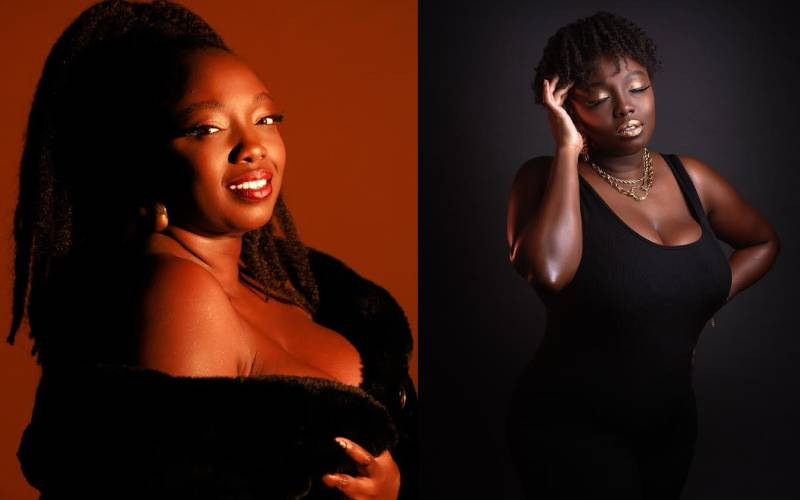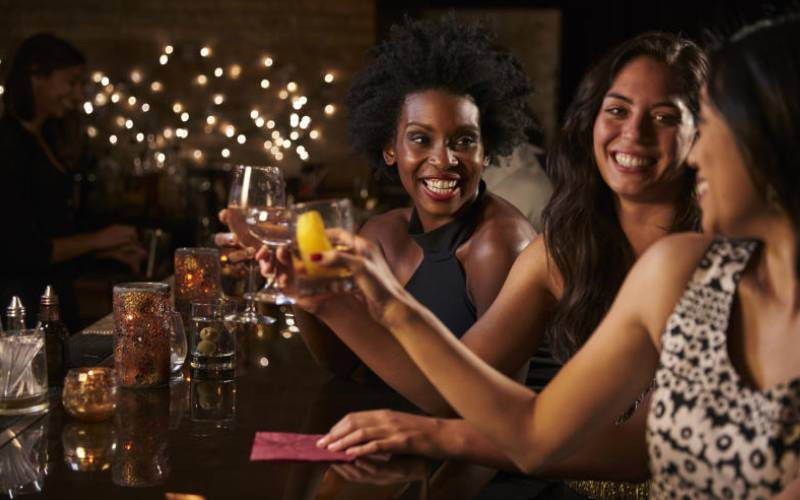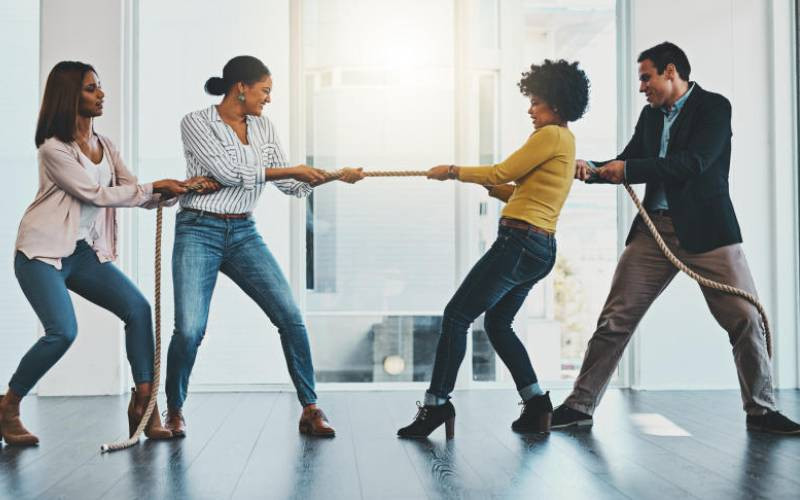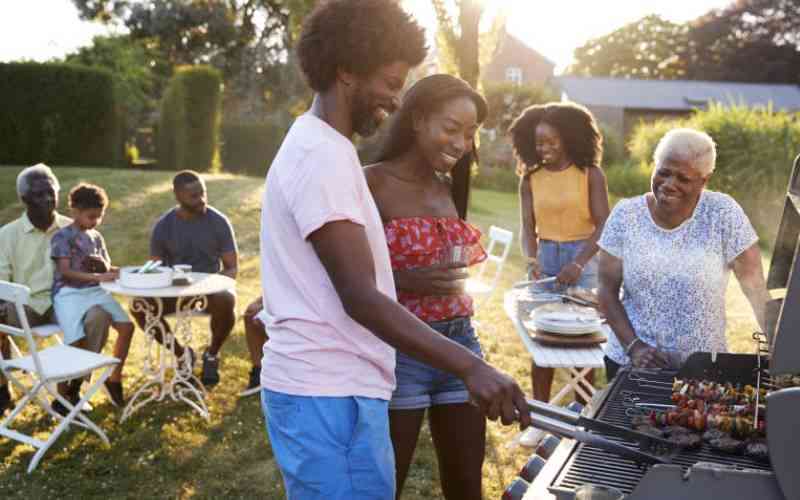
“It was wet.”
“The whole thing was awkward and rushed.”
“It felt like he was trying to swallow me whole.”
Everyone has a kissing story. Most of us have an awkward story, or an embarrassing one, or one they would like to forget.
But one thing these stories all have in common is their indelible nature; for better or for worse, the experience is often very memorable.
Fabian Owenga remembers, for example, that he kept his eyes open throughout the experience.
“I had seen on soap operas people closing their eyes, but since I wasn’t sure at what point that was supposed to happen, I kept mine open. My girlfriend was a little more experienced than I was so she closed hers, but I wanted to see everything. I’ll never forget how funny she looked as she prepared for the kiss.”
Joshua Mutai recalls ending up with five litres of saliva in his mouth afterwards, and wondering whether it would be rude not to swallow.
“It was wet, that’s what I remember most clearly,” he says. “Tongues were involved for sure. I think both of us had done our research as well as two teenagers could with the resources at their disposal, and our takeaway was that lubrication was good. I don’t even remember what the actual kiss was like, just the feeling that my whole face was wet.”
Kissing, the ‘humid seal of soft affections’ as it was once described by Shakespeare, is a very recent entry into the African culture. Our parents barely held hands. Walking two steps behind her husband was the patented way of showing affection for a woman two generations ago.
Hugs were unthinkable. Not in public. In fact, for many African kids, the only real evidence that their parents even looked at each other was the family photo with four other children.
Some researchers have tied the origins of locking lips to mouth-to-mouth feeding, the technique through which animals and birds fed their young.
Others trace it back to Indian practices of pecking each other on the cheek as a way of greeting each other, practices which were naturally refined until they ended up in the Kama Sutra, the bestselling how-to guide.
It then hurtled through the Middle Ages, revolutionising love and intimacy, until it landed on-screen in 1986 in a silent film called ‘The Kiss’.
How though, did it land on African shores?
“We learned from soaps,” says Maggie Kirimi, referring to the show that birthed a thousand imitators, the eternal The Bold and the Beautiful. “We were curious, after seeing it so much on television, and most of my peers wanted to try it out.”
“People have argued for some time about whether kissing is universal,” muses Dr Chris Hart, a renowned psychologist specialising in relationships.
“Quite a lot of cultures give people a hard time with kissing. They are brought up thinking it’s bad. If you think about it, everything to do with sex is a bit like that as well. Every culture in the world has some approach towards sex. Some cultures are very open about it, while others are very repressed. It seems random, too, how cultures treat this kind of display of affection. Some African cultures are more accommodating than certain European ones, for instance. Some have linked it with religion but it’s not definitive.”
What seems factual, according to Dr Hart, is that people’s attitude towards kissing is changing generation to generation.

“A lot of African nations are prudish, certainly, and this can be said to mean kissing is unafrican. I would say, however, that this represents a snapshot of our time now. A couple of generations ago, our parents and grandparents were old-fashioned and reserved. Younger people are more affectionate, and if you ask the same question 10 years in the future, you will probably get a different response.”
Speaking on the experience of a first kiss, Dr Hart calls it a formative experience, no matter how good or bad it is.
“The first kiss matters a lot. It marks an important first step in the relationship. We seem to learn a lot about each other from that first kiss.”
It is, when you boil it down to basics, an audition of sorts.
“When our bodies first come into contact with each other, they conduct this chemical analysis. They check out hormones, DNA, immune systems… they are trying to answer the question: Would we have good children with this person? And if the answer comes back negative then the kiss feels awful.”
Kissing is also a social skill, like dancing, or being tall. The better you are at it, the more likely you are to rope in a potential mate. Of course, this means there are people who are simply bad at it.
“Most young teenagers are terrible kissers, true. But they learn from it. By the time they’ve had two or three partners, they’re beginning to figure this thing out.
“It’s the case with couples as well. The first few kisses may be a bit clumsy but they soon get better at it as they learn about each other, what they need and how to respond to their partner.”
Indeed, almost everyone has a bad kissing experience. Like Joshua and his damp face. Or Fabian’s partner, who opened her eyes and found him staring at her, having never closed his. Or, as in Maggie’s case, the aggressive biting.
“He was such a biter!” she recalls. “He nibbled at my lips then suddenly he decided his teeth needed some action too. I left with swollen lips and small cuts which I was unable to explain to my mother. It wasn’t the best experience, and I never went back!”
 The Standard Group Plc is a multi-media organization with investments in media
platforms spanning newspaper print
operations, television, radio broadcasting, digital and online services. The
Standard Group is recognized as a
leading multi-media house in Kenya with a key influence in matters of national
and international interest.
The Standard Group Plc is a multi-media organization with investments in media
platforms spanning newspaper print
operations, television, radio broadcasting, digital and online services. The
Standard Group is recognized as a
leading multi-media house in Kenya with a key influence in matters of national
and international interest.











